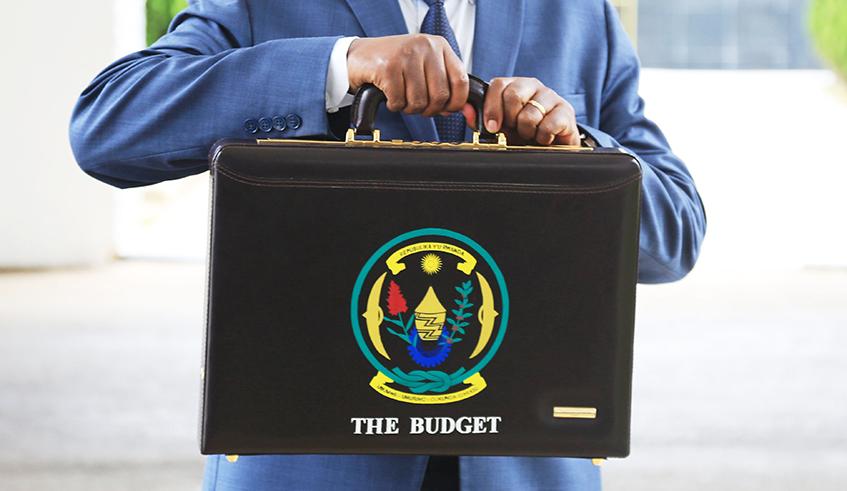Africa-Press – Rwanda. The government through the Ministry of Finance and Economic Planning is making efforts to increase citizen participation in the national budget through the introduction of simplified booklets dubbed citizen guide.
The guide to the National Budget, available in English, Kinyarwanda and French is aimed at elaborating how the government mobilizes and allocates resources among national priorities agreed during the planning and budgeting processes.
“The citizen’s guide to the budget is a simplified booklet published in three languages aimed at explaining to citizens in a basic way, how the government mobilizes and allocates resources among national priorities agreed during the planning and budgeting processes. The guide also provides feedback to citizens on their ideas and contributions provided during the planning process through different community dialogues and platforms,” an excerpt from the Guide’s introduction reads in part.
According to officials, the guide is one of the mechanisms through which the government holds itself accountable to the people on the use of public resources by increasing citizens’ understanding of the national planning and budgeting process that promotes their participation and feedback.
“The preparation and dissemination of the citizen’s guide to the budget is in line with the principles of fiscal transparency and accountability which are part of the broader objective of the Government of Rwanda to enhance good governance,” foreword of the guide reads in part.
Among the highlights of the guide include; 2021/22 national budget; budget process and how citizens participate; policy measures and interventions for economic recovery as well as Covid-19 intervention actions; strategic projects; Gender mainstreaming as well as links to the budget documents.
“Grassroots leaders are urged to deliver the message contained therein to citizens by leveraging platforms currently available and ensure to get feedback that will inform the FY 2022-23 national planning and budgeting process,” the guide reads in part.
“I also take this opportunity to call upon all citizens to continue providing their ideas in the planning and budgeting process, and increase their participation in monitoring and implementation of the budget and related programs going forward,” the Minister of Finance and Economic Planning Uzziel Ndagijimana noted.
The 2021/22 budget is worth an estimated Rwf3.8 trillion, a Rwf342 billion increase compared to the 2020/2021 budget. In line with the country’s ambition of self-financing, domestic financing is expected to raise 67 per cent of the national budget, an equivalent of Rwf2.5 trillion.
A total of about Rwf1.26 trillion will come from external sources Rwf612.2 billion from grants and Rwf651.5 billion from external loans. The government expects that Rwf2,413.7 billion representing 63.4 per cent will go into recurrent expenditure while Rwf1,393.3 billion will be spent on development-related initiatives. The recurrent expenditure is significantly higher than the Rwf1,595.4 billion in the revised fiscal budget of the current financial year 2020/21.






